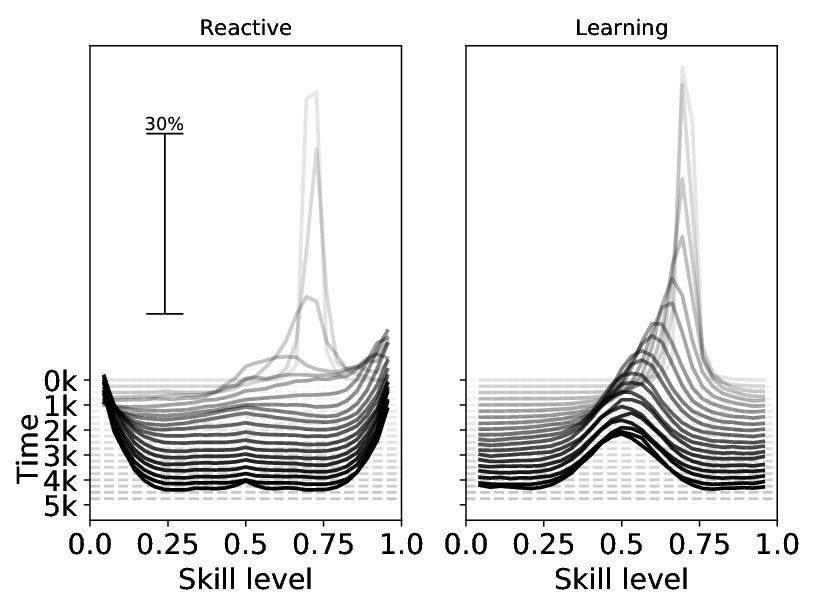Provision of smart city services often relies on users contribution, e.g., of data, which can be costly for the users in terms of privacy. Privacy risks, as well as unfair distribution of benefits to the users, should be minimized as they undermine user participation, which is crucial for the success of smart city applications. This paper investigates privacy, fairness, and social welfare in smart city applications by means of computer simulations grounded on real-world data, i.e., smart meter readings and participatory sensing. We generalize the use of public good theory as a model for resource management in smart city applications, by proposing a design principle that is applicable across application scenarios, where provision of a service depends on user contributions. We verify its applicability by showing its implementation in two scenarios: smart grid and traffic congestion information system. Following this design principle, we evaluate different classes of algorithms for resource management, with respect to human-centered measures, i.e., privacy, fairness and social welfare, and identify algorithm-specific trade-offs that are scenario independent. These results could be of interest to smart city application designers to choose a suitable algorithm given a scenario-specific set of requirements, and to users to choose a service based on an algorithm that matches their privacy preferences.
Keywords: Participatory sensing; smart cities; public good; privacy; fairness
Get full text
